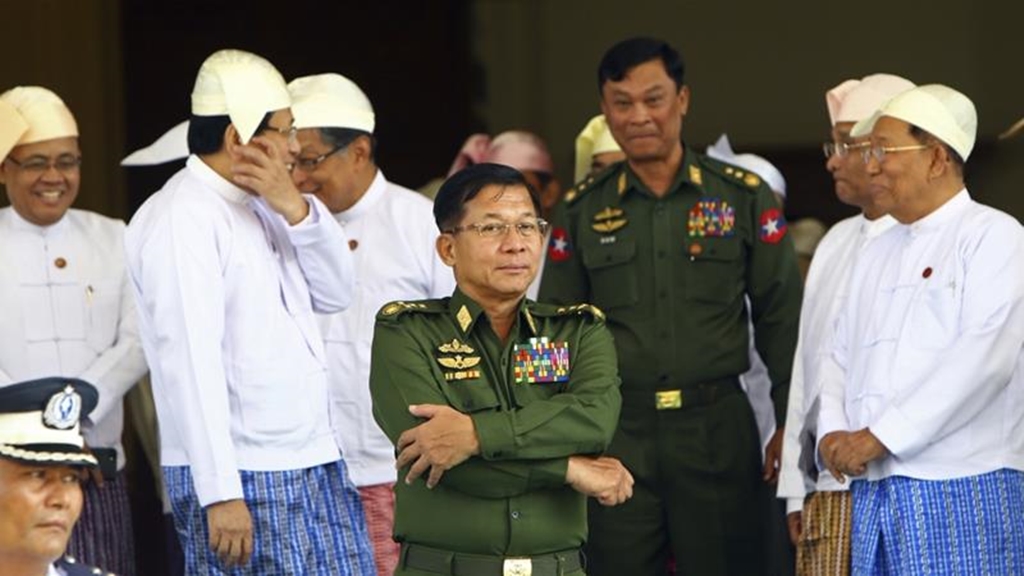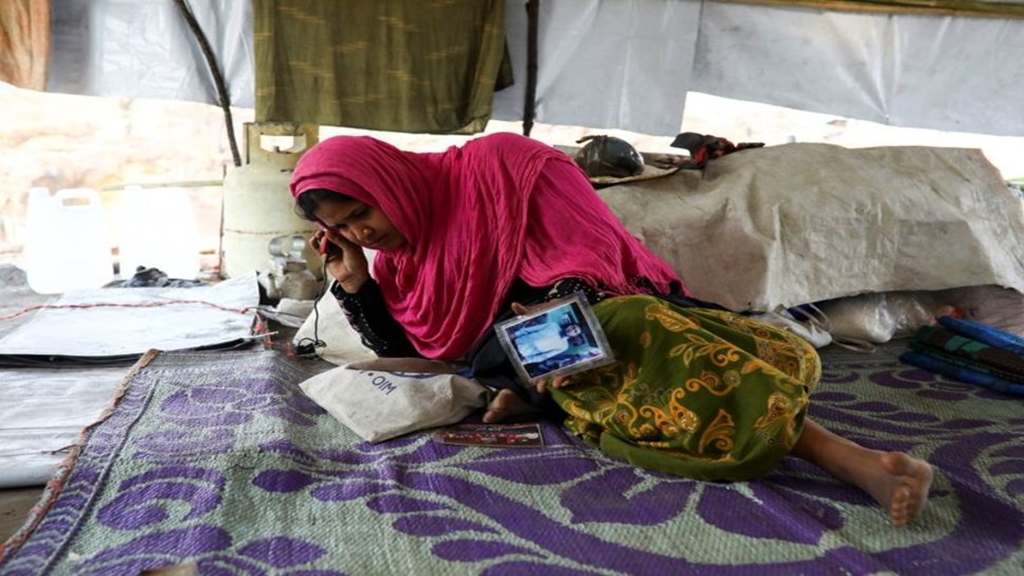
The Rohingya crisis could deepen
- 17/02/2021
- 0
By Muhammad Shoaib
The morning session of Myanmar’s newly elected parliament was scheduled to begin on February 1 in the capital, Nay Pyi Taw. Through that session, the National League for Democracy (NLD), the party of Aung San Suu Kyi, which won a landslide victory in Myanmar, would return to power. In Myanmar’s November election, the party won about 84 percent of the open seats in parliament. On the other hand, the military-backed Union Solidarity and Development Party (USDP) collapsed in the election. This means that the USDP was not in a position to play a significant role in the political arena, despite the government having extensive powers under the Myanmar military constitution.
Since the collapse of the USDP, the Election Commission has been accused of rigging the election through fake voter lists. Thousands of complaints were lodged with the Election Commission. But the Election Commission did not take any action. The military also complained about the integrity of the election. In addition, the military demanded that the November elections be postponed, but this was not taken into account. However, the army’s bitterness with the Suu Kyi government reached its climax mainly due to election fraud.
In addition, direct military talks with various rebel groups in Myanmar, especially for the first time peace talks with the Arakan Army in the state of Arakan, have clashed with the civilian government. Myanmar’s current constitution gives the military the power to take direct action to maintain law and order.
The current military chief, Min Aung Hlaing, was due to retire in July, and the Suu Kyi government was not interested in extending his term. Retirement meant that he would become a powerless person because of the US sanctions imposed on him. On the other hand, due to lack of political support, the chances of running for the presidency were low. Not only the army chief, but dozens of generals were to retire with him. The army officials are accused of killing various ethnic groups and the Rohingya people in Myanmar. Due to various internal issues, including the increase in Suu Kyi’s strength, the Myanmar military could not take it easy. However, at the International Criminal Court, Suu Kyi sought to refute allegations of Rohingya genocide against Myanmar’s military by appearing in person.
In any case, just hours before the start of parliament, the military declared a one-year state of emergency through the president and handed over power to senior military chief General Min Aung Hlaing. Although the current system is called the period of emergency law, it can be called martial law or military rule. Military rule is not new in Myanmar. In 1962, General Ne Win seized power. Ne Win was one of 30 comrades of General Aung San, the leader of Myanmar’s freedom struggle. For almost two decades, Ne Win was a tough military ruler (1962-88). General Sa Mong then came to power in a military coup against him.
In any case, Myanmar was under military rule until 2010. Over the years, Myanmar’s military has not only become stronger, but has apparently helped establish a so-called democracy by drafting a constitution. After 15 years in prison, Suu Kyi has been the head of government for the past five years through a military partnership. Meanwhile, in 2017, the worst massacre and brutality in the history of Myanmar took place against the Rohingya, the minority Muslim population in Rakhine State. As a result, more than 11 lakh Rohingyas were forced to flee to Bangladesh.
Due to the Rohingya crisis, Bangladesh as a democracy has not been able to take a strong stand against the illegal occupation of Myanmar by the military. Many government policymakers cite examples of the repatriation of Rohingya during the military rule in Myanmar in 1978 and 1992, and are hoping for similar results. Our foreign minister also said he was optimistic. We also want to be optimistic. However, the reality is that although Suu Kyi was condemned for the Rohingya massacre and genocide, the main culprits were the Myanmar military, especially Senior General Min Hlaing. Therefore, it does not seem that the army and the army chief will go back to power and take back the Rohingyas with dignity and grant citizenship to the Rohingyas. In fact, the Rohingya issue seems to be the least important issue for Myanmar’s military government in the next one year.
On the other hand, through this coup, the geopolitical figures of the Bay of Bengal and the Indian Ocean region will become more complicated. As strong as Washington has spoken out against the coup, it has not been heard from the European Union, ASEAN countries or Japan. Japan is the second largest investor in Myanmar after China. ASEAN countries are not very vocal about the internal affairs of the member states. Thailand has called the change an internal matter.
It is noteworthy that the response of two important countries in Myanmar, India and China. China has been close to Myanmar’s civilian government in recent times, and for some other reason, it has created some distance from the Myanmar military. China has said it is “monitoring” the change. India, on the other hand, is “concerned” and has called for a return to democracy. It should be noted that China had good relations with the military rulers of Myanmar in the past, but it is yet to happen. If the United States imposes tough sanctions, China will be Myanmar’s only savior.
Myanmar’s military ties with India have been strained in recent times. Especially because of India’s previous policy and the Kaladan project. In addition, the Myanmar army has cooperated with India in the fight against insurgents in the north-eastern states of India, especially the Nagas and the ULFA. Apart from that, India has provided a lot of weapons to Myanmar including submarines. The Indian army chief visited Myanmar just a month ago and pledged to further strengthen ties. The new polarization of geopolitics in the region, in the face of China’s rivalry with India, does not seem likely to move India against military rulers and in favor of Aung San Suu Kyi. Just like China will not go.
In such a situation, at least no effective cooperation can be expected from China and India for the return of Rohingyas in Bangladesh. Bangladesh could face a deeper crisis over the Rohingya issue. In the new geopolitical situation, Rohingyas can be a chess piece. Conflict in the Western world, especially between the United States and China over Myanmar, is expected to take a new turn. Therefore, the diplomats of Bangladesh have to think anew about the way to resolve the Rohingya crisis in the complex situation that has arisen







